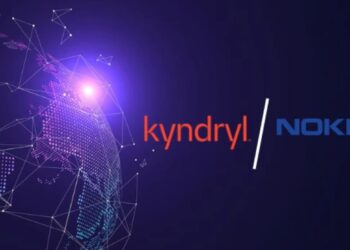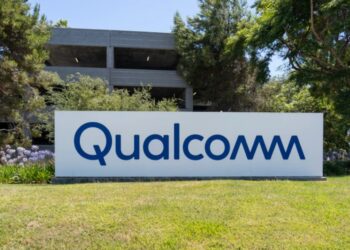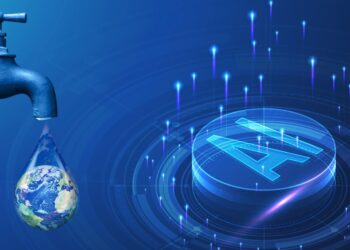Nvidia CEO Jensen Huang has suggested that the rapid adoption of artificial intelligence (AI) could make the four-day work week a reality. However, in an interview, he cautioned that this societal shift doesn’t necessarily mean people will work less; instead, they may end up being busier than ever.
Huang drew a parallel between the current AI boom and past industrial revolutions that have reshaped social norms. He pointed out that the work week has historically evolved, from seven days to six, and eventually to the now-standard five-day schedule. He believes AI is another such transformative force that will drive significant changes in work culture. The core of his argument is that AI’s ability to handle time-consuming, repetitive tasks will dramatically boost productivity and, in turn, national GDP. This efficiency could free up enough time to shorten the traditional work week without compromising output.
Despite the promise of a compressed work week, Huang offered a counterintuitive warning. “I have to admit that I’m afraid to say that we are going to be busier in the future than now,” he stated. According to Huang, AI’s biggest strength is its speed, which will enable companies to pursue more ideas and projects than ever before. With routine tasks automated, the focus will shift to innovation and problem-solving, creating a more intense, idea-driven work environment. For leaders like Huang, who admits to a relentless seven-day work schedule, the newfound productivity isn’t a license to rest, but an opportunity to be even more ambitious.
Huang’s prediction is supported by real-world trials of four-day work weeks conducted in countries like Britain and North America. These studies have consistently shown that employees can maintain or even increase productivity while working fewer hours. For example, some companies saw up to a 24% rise in productivity, along with a significant reduction in burnout and employee turnover. While acknowledging that some jobs will inevitably be displaced by AI, Huang remains optimistic, asserting that “every job will be changed as a result of AI” and that the revolution will create many new roles. Ultimately, he sees AI as a tool that will enhance quality of life by making work more efficient and focused on human creativity.
















